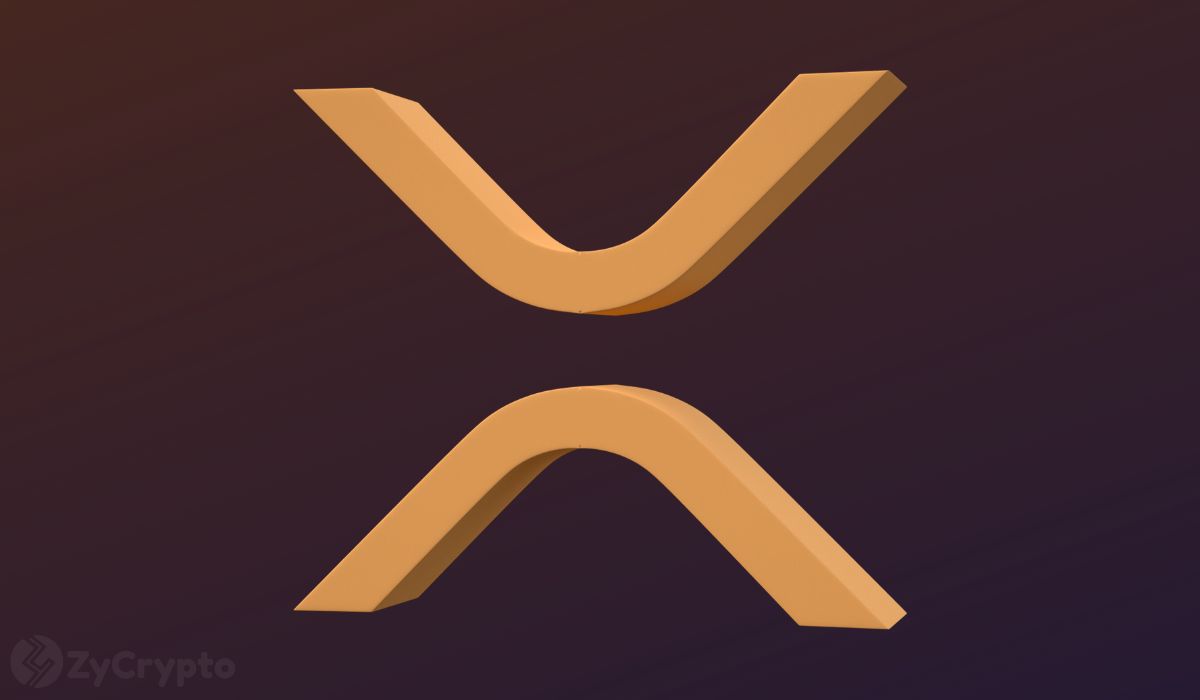Ripple, the San Francisco-based fintech company, used to publish a quarterly report called the ‘XRP Markets Report,’ wherein it voluntarily disclosed its sales of XRP, among other things. However, after achieving a partial win in the legal battle with the US Securities and Exchange Commission (SEC) over whether XRP qualifies as a security, Ripple has decided to make some changes. The company accused the SEC of using the reports as weapons against them in the lawsuit.
In its current report, presented in a different format, Ripple referred to the SEC’s approach as “Ironic for an agency that touts transparency and disclosure. Accordingly, Ripple is re-evaluating the role and contents of this report going forward […]”
Rather than discussing crypto sentiments and XRP sales, the current report focused on clarifying some misunderstandings about the ruling.
Before delving into the misconceptions, it’s essential to understand what the ruling stated, according to Ripple. XRP is not considered a security in its inherent nature. The sales of XRP by Ripple on exchanges, as well as the sales made by its executives, are also not considered securities. Additionally, other distributions of Ripple’s XRP, such as those to developers, charities, and employees, are not classified as securities. However, it should be noted that certain sales conducted by Ripple under written contracts were deemed to be investment contracts and thus fall under the category of securities.
Here are the 6 Misconceptions About the XRP Ruling:
No. 1 – A split decision?
Regarding the question of whether the decision by Judge Torres is a split decision, Ripple affirms that it has always maintained that XRP is not a security, and the Court reaffirmed this clearly. The Court’s position, according to Ripple, is that tokens themselves, as they are, are not securities, which is fundamentally a victory for the industry, not only Ripple.
No. 2 – Is XRP a security in some situations?
Ripple explains that the court has stated that XRP, being a digital token, does not qualify as an investment contract and, thus is not a security. However, under certain circumstances, like when combined with promises, it can be sold as an investment contract.
But in such cases, the fundamental nature of XRP (or any asset, like an orange grove or a gold bar) does not change to become a security. Whether something is an investment contract depends on the specific transaction, where an investment of money is made in a common enterprise, with the expectation of profits based on the efforts of the seller or a third party. The same asset can be sold in a simple buy/sell transaction or as part of an investment contract, but the distinction is crucial, and the SEC’s contrary claims have no legal basis.
No. 3 – Because a share of a stock is always a security, XRP, too, must be one?
This is determined case by case by looking at the actual transaction and depends on whether there is an investment contract, which is different from a share of stock, which is always a security. This is an important differentiation because the company behind the share has a fiduciary duty to the holder of the share.
No. 4 – Does the decision only protect sophisticated investors but not retail?
Ripple emphasizes that all investors deserve protection; the court does not deny this. It merely said that the SEC’s jurisdiction ends where no security is involved. According to Ripple, investor protection is a matter of policy and must be addressed by legislators with a mandate to do so. Ripple also states that the SEC’s enforcement actions have been wrong and hurt retail investors.
No. 5 – Does the decision hurt Ripple’s business?
This is certainly not the case, as most of Ripple’s current customers are overseas in jurisdictions that have clarified that XRP is not a security, such as Japan, Singapore, Switzerland, the UAE, and the UK.
No. 6 – Did the court reject Ripple’s fair notice defense?
This is only the case for Ripple’s institutional sales; fair notice defense for other transactions is still open, as the Court stated, “The SEC’s theories as to the other sales in this case are potentially inconsistent with its enforcement in prior digital asset cases.”
Finally, Ripple sheds light on XRP it holds in two categories: XRP available in Ripple’s wallets and XRP locked in escrow. Between March 31, 2023, and June 30, 2023, Ripple’s XRP holdings increased from 5,506,585,918 to 5,551,119,094. Meanwhile, the total XRP subject to on-ledger escrow decreased from 42.8 billion to 41.9 billion.


